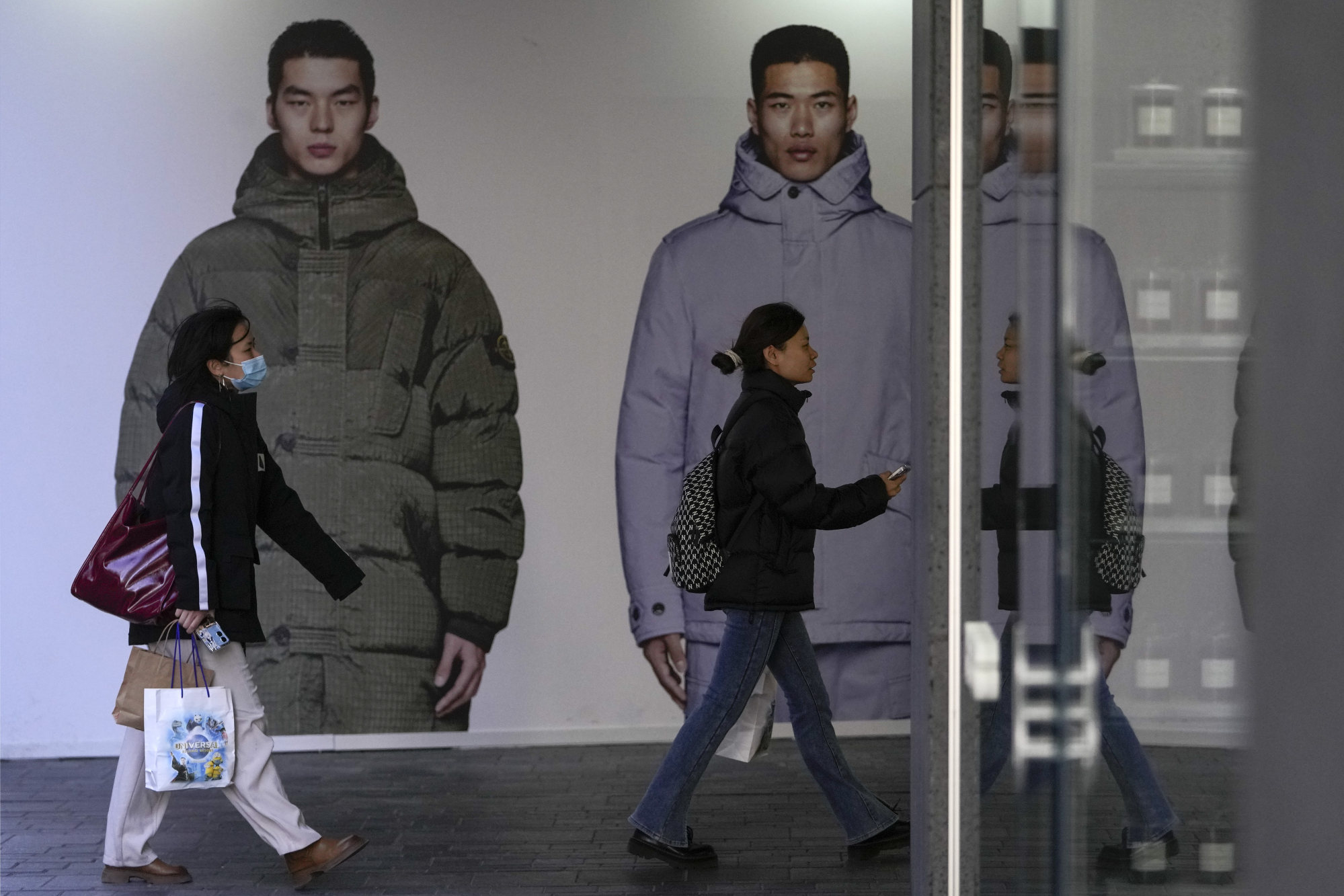
Chinese consumers keep spending in check amid shaky economy, hunting bargains on drinks, personal-care goods: report
- Spending on consumer goods fell 0.9 per cent year on year during the third quarter, according to Bain & Company and Kantar Worldpanel
- Consumers are ‘discerning’ about where they are willing to spend, leading to an increase in specialised discount stores, report says
Chinese consumers, spooked by concerns about job prospects amid a bleak economic outlook, continue to actively hunt bargains when they purchase consumer goods like personal care products, according to a joint study by global consultancy Bain & Company and market research firm Kantar Worldpanel.
Total spending on fast-moving consumer goods (FMCG) in mainland China dropped 0.9 per cent year on year during the third quarter of 2023, the report showed, without revealing absolute numbers. The decline followed a 1.8 per cent year-on-year rise in the previous quarter.
“The key word that describes this consumer environment is that consumers are more discerning, and they make educated choices,” said Bruno Lannes, a partner at Bain in Shanghai. “For some products, they would be happy to pay a premium because they see true value for them there. And for other products, they would not purchase because they don’t see the true value.”
Personal care products witnessed a 4.5 per cent reduction in average selling price over the first three quarters of this year, while discounts offered by brands drove up sales volume by 2.5 per cent, the joint study found.

In the beverage segment, consumers exhibited a clear preference for value-driven choices, prompting a shift towards more economical products. Average selling price slid 1.5 per cent in the first three quarters, while a 1.6 per cent increase in volume was recorded.
But consumers kept their purse strings tight, with many inclined to buy discounted goods amid a gloomy economic outlook.
How Hong Kong’s retail sector can up its game on the road to recovery
Last month, Yu Yongding, a former adviser to China’s central bank, warned that “stagflation” would occur if Beijing did not quickly adopt expansionary fiscal policies to spur domestic demand in the current economic slowdown.
China shopping apps should heed lessons from Qing dynasty trading days
“The rise of specialised discount stores is rapidly gaining traction, reflecting a more rational approach by consumers towards daily expenditure in 2023,” said Jason Yu, managing director of Kantar in Greater China. “This emerging trend suggests a potential intensification of competition in the retail market going forward, as these stores continue to attract price-conscious shoppers.”
Certain categories such as chocolate, facial tissue and hair conditioner have witnessed an increase in average selling price, indicating that consumers are increasingly willing to pay a premium for better quality and experiences, said Derek Deng, another Bain partner in Shanghai.
For the first nine months of this year, China’s FMCG market reported a moderate 1 per cent increase in value, buoyed by a 1.2 per cent rise in volume, the report said.

